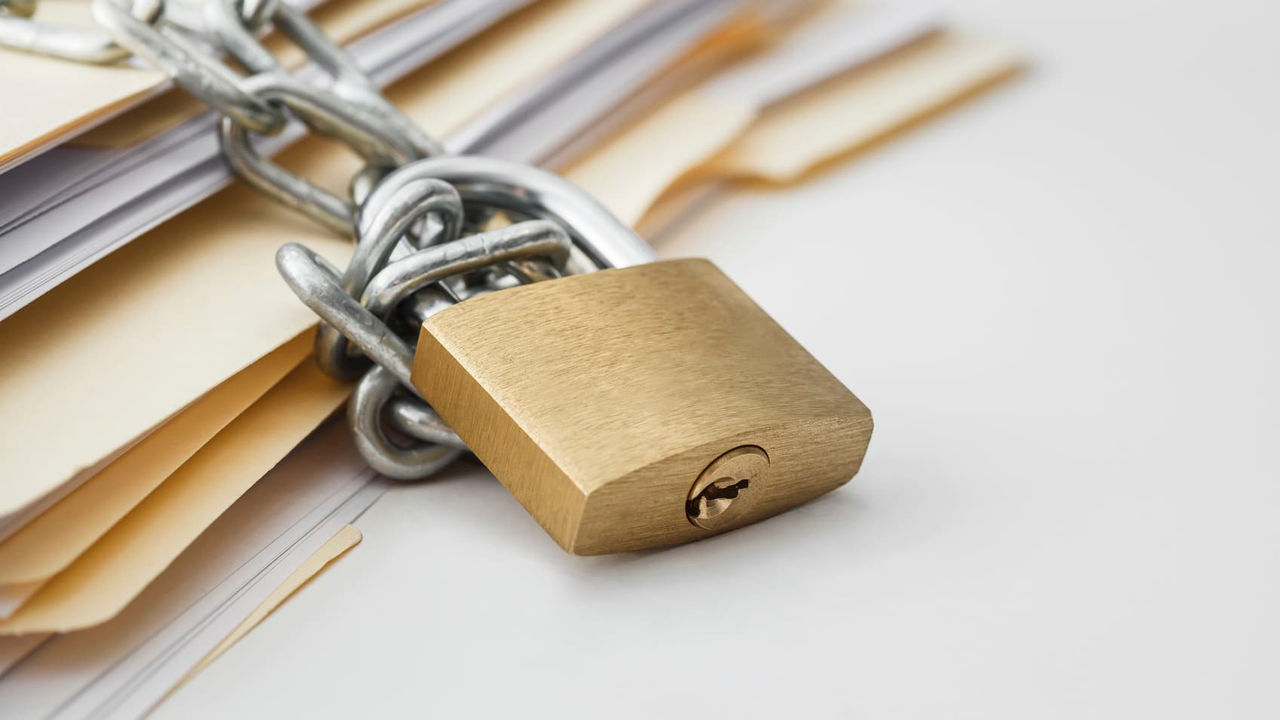"While we conduct the remainder of this investigation, please refrain from talking to other employees about what we discussed today."
Is this, or something like it, part of your standard script when speaking with employees during a workplace investigation? If so, you may want to think twice.
Employers and investigators are often faced with the challenge of sorting fact from fiction when investigating an allegation of workplace misconduct. As part of any thorough investigation, employers often need to interview various employees with potential information related to the alleged wrongdoing. As part of the desire to have the most unbiased and neutral witness testimony, and to conduct thorough and effective investigations, investigators often tell employees not to discuss the investigation with co-workers until the investigation is complete.
While this may seem like common sense, the National Labor Relations Board (NLRB) has placed stringent criteria on when employers can tell workers not to discuss an ongoing investigation.
[SHRM members-only platform: SHRM Connect]
NLRB Ruling
In Banner Health System, 362 NLRB No. 137 (June 26, 2015), the NLRB reminded employers of the board's long-standing position that "employees have a Section 7 right to discuss discipline or ongoing disciplinary investigations involving themselves or co-workers."
Section 7 of the National Labor Relations Act (which applies to nearly all nonsupervisory employees, not just those who work in a union environment) provides that employees have a right to freely discuss work conditions as legally protected, concerted activity. As a result, according to the NLRB, employers may tell employees not to discuss an ongoing investigation only when the employer has a "legitimate and substantial business justification" for requesting confidentiality that outweighs employees' Section 7 rights.
What constitutes a legitimate and substantial business justification? The NLRB says such a justification exists only when an employer can show a likelihood that:
- Witnesses are in need of protection and discussion of the investigation may endanger them.
- Evidence is in danger of being destroyed.
- Testimony is at risk of being fabricated.
- There is a need to prevent a cover-up.
- Any other comparably serious threat exists to the integrity of an employer investigation that would be sufficient to justify a confidentiality requirement.
It is important to note that the NLRB was clear that a general concern of threats to the integrity of an investigation is not sufficient to warrant a confidentiality requirement. Employers bear the burden of demonstrating objectively reasonable grounds for believing that confidentiality is necessary.
EEOC's Stance
Simple. Right? But wait, there's more.
Dating back to 1999, the Equal Employment Opportunity Commission (EEOC) has instructed employers that anti-harassment policies and complaint procedures should contain an assurance that the employer will protect the confidentiality of harassment complaints to the extent possible. This instruction appears to be at odds with the NLRB's sweeping prohibition of confidentiality instructions in all but the most extreme cases.
Following the release of the Banner Health decision, employers are in a difficult position. The EEOC continues to recommend that employers try to keep investigations as confidential as possible, though the commission has suggested that the two administrative bodies should confer to clarify and harmonize the conflicting requirements.
So What Should Employers Do?
First, stop any standard practice of requesting employee confidentiality during an investigation. Double-check investigation scripts and policies and make sure that each investigator is trained not to reflexively give confidentiality instructions.
Second, evaluate the circumstances of each investigation. Consider whether confidentiality is objectively necessary to prevent corruption of the investigation. Is there likely to be danger to witnesses, danger of evidence being destroyed or stories being fabricated, or danger of a cover-up if employees are not instructed to maintain confidentiality? Are there other reasons that justify a confidentiality request in this particular investigation? If not, then employees should not be told that they can't discuss the investigation with colleagues. If so, the reasons for requiring confidentiality should be documented as part of the investigation notes.
Third, always begin investigations promptly and, whenever possible, schedule investigation interviews close together so that there is as little time as possible between the complaint, the investigation and the conclusion. Less time from start to finish decreases the opportunities for those involved, including witnesses, to discuss the issues among themselves.
Alice Kilborn, SHRM-CP, J.D., is the founder of Kilborn Consulting LLC in Albuquerque, N.M. Patricia Wise, Esq., is an attorney with Niehaus Wise & Kalas Ltd. in Toledo, Ohio. They are members of SHRM's Labor Relations Special Expertise Panel.
An organization run by AI is not a futuristic concept. Such technology is already a part of many workplaces and will continue to shape the labor market and HR. Here's how employers and employees can successfully manage generative AI and other AI-powered systems.




